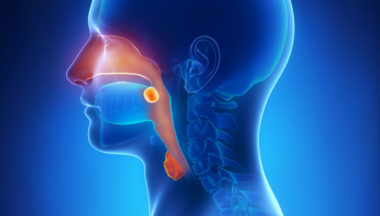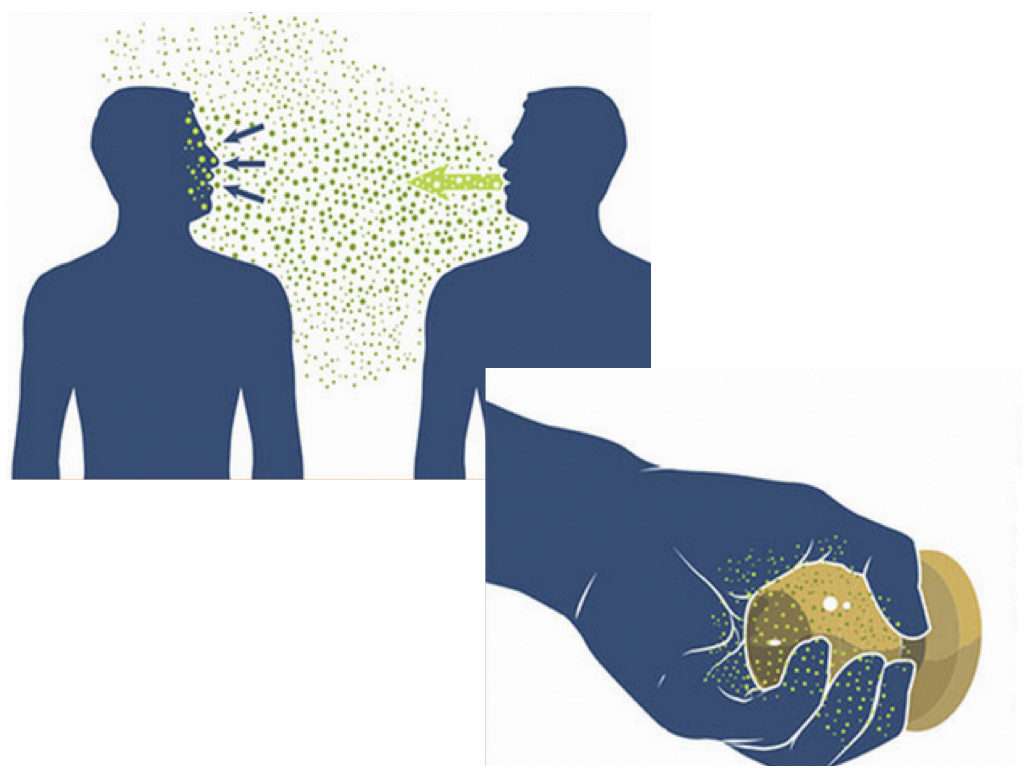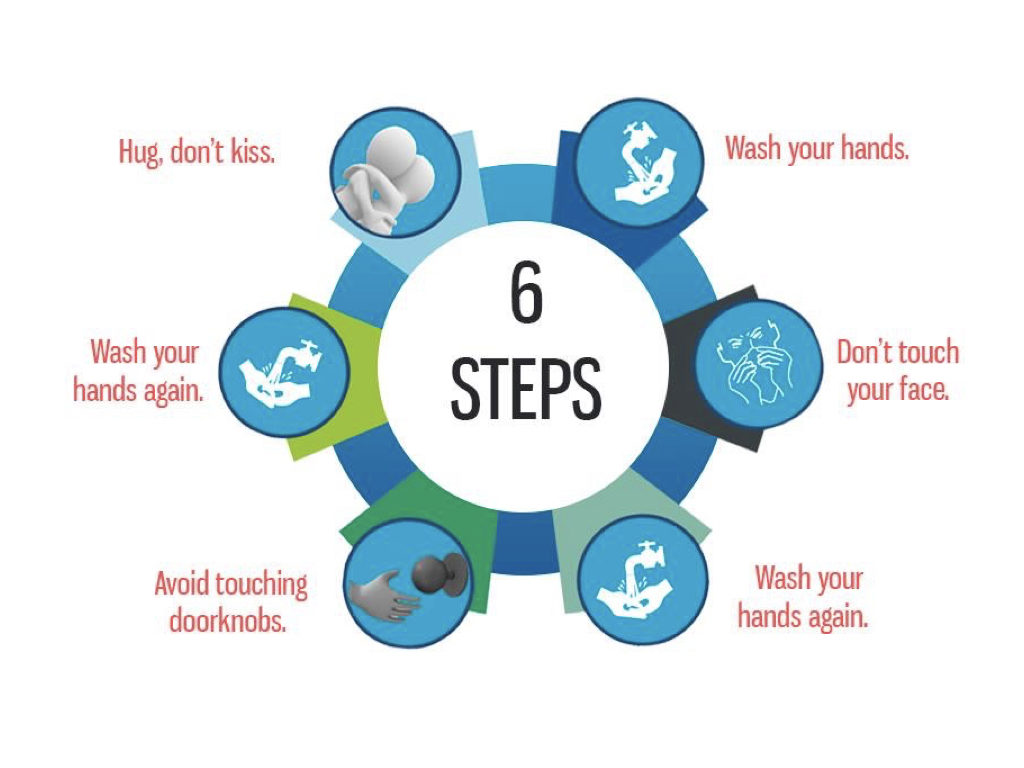感冒需要吃抗生素才能好吗?

天气逐渐转凉,又到呼吸道感染的高峰季节,得了“感冒”后大家首先想到的是吃点板蓝根冲剂还是去吃点阿莫西林呢?今天我们要向大家介绍一下“感冒”(上呼吸道感染)的一些常识。

什么是上呼吸道感染?
上呼吸道感染,简称“上感”,即坊间俗称的“伤风感冒”,泛指发生在上呼吸道(包括鼻腔、鼻窦、咽部、喉部)的急性感染,包括普通感冒、流行性感冒、病毒性咽炎、喉炎、疱疹性咽峡炎、咽结膜热、细菌性咽-扁桃体炎。病原体以病毒为主,只有少数由细菌、真菌引起。冬春季发病率较高。症状包括咳嗽、喉咙痛、流鼻涕、发烧、头痛及肌肉痛。呈自限性,通常持续7-10日,大多在1-2周内逐渐痊愈。
传播途径
— 飞沫传播
通过吸入由患者咳嗽、打喷嚏或说话时产生的飞沫接触到吸入者的粘膜而传播
— 间接接触传播
通过手接触到被患者分泌物污染的物体表面(如门柄、扶手), 然后手再接触自己的口、鼻或眼睛,从而将病毒、细菌带进身体,或传给他人。
抗生素能治疗上呼吸道感染吗?
抗生素只能用作治疗细菌感染,因此绝大多数上呼吸道感染不需要使用抗生素。不恰当的使用抗生素是有害的,不但可能引起不必要的药物副作用,同時抗生素也会杀死体内正常的敏感性细菌,增加感染耐药性细菌的风险,使以后的细菌感染治疗变得困难、昂贵、甚至不可能。

如果患了上呼吸道感染,我们应该怎么做?
— 充分休息,多喝水。
— 如有发热、头痛、肌肉痛等症状,可使用非处方药如复方阿司匹林、对乙酰氨基 酚、布洛芬等解热镇痛。向医生咨询,听从医生建议,包括上述非处方药、抗组胺药、减充血剂、镇咳剂、抗病毒药(抗病毒药通常48小时内使用才有效)、以及抗生素的使用。
— 不应强行要求医生开具处方抗生素,或自行使用抗生素。
— 如果症状持续、加重或出现不寻常的变化,请立即就医,尤其以下高危人士较容易出现严重病情和并发症:
- 慢性病或免疫功能低下的患者;
- 孕妇;
- 5岁以下儿童;
- 65岁或以上的长者;或
- 肥胖人士。
— 采取以下措施预防疾病传播:
- 打喷嚏或咳嗽时应用纸巾掩着口鼻。
- 已使用的纸巾应丢弃到有盖的垃圾桶中。
- 如出现呼吸道感染症状,应佩戴口罩。
- 打喷嚏或咳嗽后,使用肥皂或洗手液及清水彻底洗手;若附近没有肥皂/洗手液和清
- 水,使用酒精擦手液洁手即可。
[Do We Really Need Antibiotics for URTI?]
What are upper respiratory tract infections (URTIs)?
URTIs commonly refer to infections of nasal cavity, paranasal sinuses, pharynx, larynx, and vocal cords, and include the common cold, influenza, viral pharyngitis, laryngitis, herpetic angina, pharyngeal conjunctival fever, bacterial pharyngeal-tontonitis, etc. Majority are caused by viruses, rarely can be caused by bacteria, fungus. Examples of common viral infections are cold and influenza. Symptoms include cough, sore throat, runny nose, fever, headache and muscle aches. It is self-limited. The symptoms usually last 7 to 10 days, and most of the patients recover within 1 to 2 weeks.
Modes of transmission
— Droplet transmission:
Inhalation of droplets expelled from the sick during coughing,
sneezing or speaking; and subsequent touching of mucous membranes.
— Indirect contact transmission:
Through our hands after contacted with surface areas (such as
doorknobs, handrails) contaminated by secretions of infected person, the
viruses/ bacteria can enter into the body who then touch their own
mouth, eyes or nose, or transfer to other people.
Can antibiotics treat URTIs?
Antibiotics are used for treating bacterial infections. Thus, most of URTIs do no need antibiotics. Inappropriate use of antibiotics can be harmful, not only may occur unnecessary drug side effects, but it will also kill the normal sensitive bacteria in our bodies and increase the risk of acquiring resistant bacteria, making the treatment difficult, costly or even impossible.
What should we do for URTIs?
— Have adequate rest, and drink plenty of water.
— For symptoms like fever, headache, and muscle pain, etc., you can use non-prescription drugs, such as compound aspirin, acetaminophen, ibuprofen and other antipyretic analgesia.
— Consult doctor, and follow the advice including the above drugs, and others like antihistamines, decongestants, antitussives, antivirals (antivirals are usually effective for use within 48 hours), and the use of antibiotics.
— Do not demand your doctor to prescribe or self-medicate antibiotics.
— If symptoms persist, get worse or become unusual, please seek medical advice immediately, especially for the following high risk groups who are at greater risk of developing more severe disease and complications:
- People with chronic illnesses or are immunocompromised;
- Pregnant women;
- Children aged less than 5 years;
- People aged 65 years or above; or
- People who are obese.
— Carry out the following measures to prevent spreading:
- Cover nose and mouth with tissue while sneezing or coughing.
- Dispose of soiled tissue paper properly in a lidded rubbish bin.
- Wear surgical mask when having respiratory symptoms.
- Wash hands thoroughly with soap and water after sneezing or coughing. If soap and water are not available, use an alcohol-based handrub.

